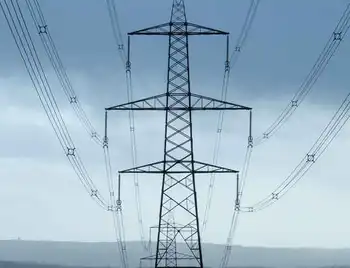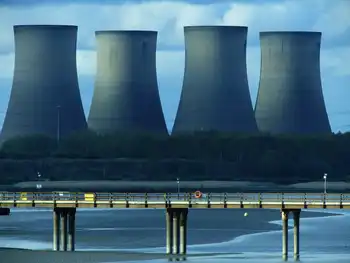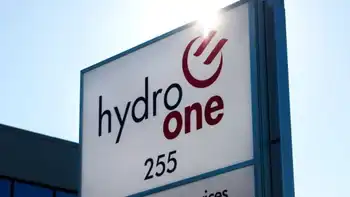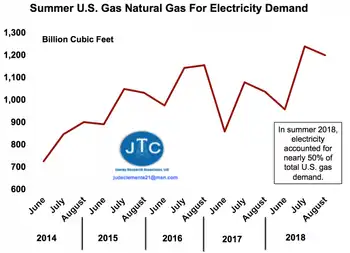Nissan rolls out EV at new headquarters
JAPAN - Nissan Chief Executive Carlos Ghosn made a quiet entrance at the Japanese automaker's new headquarters building — driving the company's zero-emission vehicle on stage for its inaugural public viewing.
Nissan Motor Co.'s environmentally friendly automobile — a blue hatchback with a sporty design and a recharging opening in the front — is set to go on sale in Japan, the U.S. and Europe next year.
Designer Shiro Nakamura said the vehicle was intentionally designed to avoid a stereotypical futuristic design.
"This is not a niche car," he said. "We didn't make it unusual looking. It had to be a real car."
Nissan has promised that the Leaf, which goes into mass-production as a global model in 2012, will be about the same price as a gas-engine car such as the 1.5 million yen ($15,000) Tiida, which sells abroad as the Versa, starting at about $10,000.
The car has a range of 100 miles (160 kilometers) on a single battery charge, according to Nissan. The company is targeting initial annual production of 50,000 units for the Leaf at its Oppama plant in Yokohama, including export models.
Ghosn drove out on stage with former Prime Minister Junichiro Koizumi sitting next to him, and a Yokohama governor and mayor in the rear seats.
"This car represents a real breakthrough," Ghosn told reporters and guests in the new headquarters' showroom.
He said the new car and new office building in Yokohama, southwest of Tokyo, marked two fresh starts for Nissan, which hopes to take the lead in zero-emission vehicles.
Nissan, Japan's No. 3 automaker, which has an alliance with Renault SA of France, has fallen behind Japanese rivals Toyota Motor Corp. and Honda Motor Co. in gas-electric hybrids that have become increasingly popular recently.
Nissan said the new 22-story headquarters was designed to be energy-efficient to qualify as one of the most ecological buildings in Japan. The company, which is losing money amid the global downturn, is selling its old Tokyo headquarters as part of efforts to cut costs.
Koizumi said environmentally friendly auto technology holds the key to Japan's economic growth.
"It was so unexpectedly smooth and quiet," he said after getting out of the car. "I am sure this car is going to be popular."
Nissan received a $1.6 billion loan from the U.S. Department of Energy to modify its Tennessee-based plant to produce electric vehicles and batteries to power them, with production starting in 2012.
Other carmakers, including U.S.-based Tesla Motors, are also racing to make electric automobiles.
In June, Nissan's smaller Japanese rival, Mitsubishi Motors Corp., launched its electric vehicle, the 4.59 million yen ($48,300) i-MiEV. The company has acknowledged that may be too expensive for most consumers.
Toyota has said it plans to sell electric vehicles in the U.S. by 2012. Chinese automaker Dongfeng Motor Corp. has teamed up with a Dutch-based company to develop and make electric cars.
Ghosn said Nissan's electric vehicle will get a boost from the interest of governments around the world, adding tougher emissions regulations were expected to increase market share of such cars to 5 percent. Hybrid models only make up about 2 percent of the auto market now, he said.
Related News

More red ink at Manitoba Hydro as need for new power generation looms
WINNIPEG - Manitoba's NDP administration has declared its intention to formulate a strategy for financing new energy ventures, following a decision to halt the development of additional private-sector wind farms. This plan will accompany efforts to stabilize hydroelectric rates and manage the financial obligations of the province's state-operated energy company.
Finance Minister Adrien Sala, overseeing Manitoba Hydro, shared these insights during a legislative committee meeting on Thursday, emphasizing the government's desire for future energy expansions to remain under public ownership and expressing trust in Manitoba Hydro's governance to realize these goals.
This announcement was concurrent with Manitoba Hydro unveiling increased financial losses…




